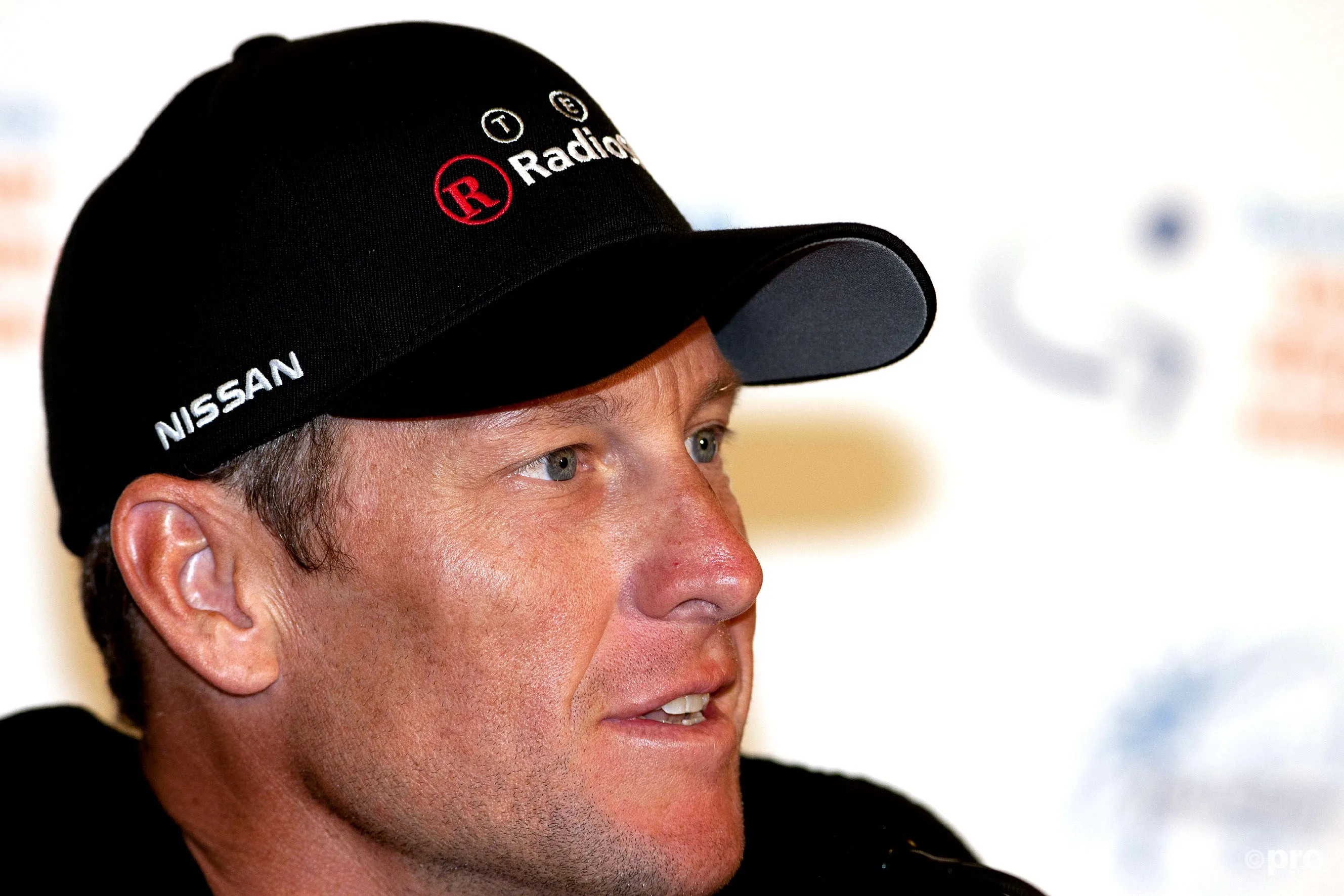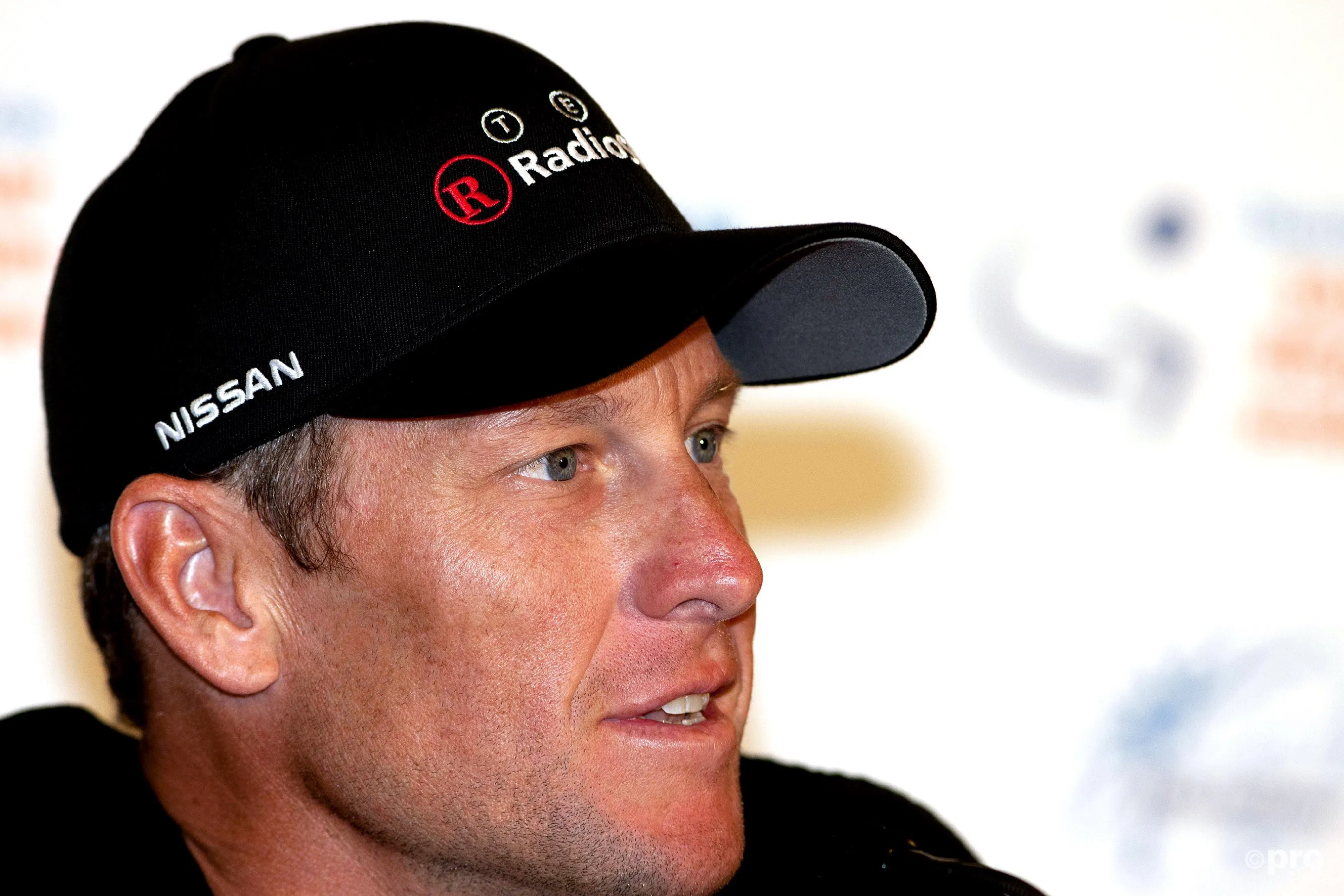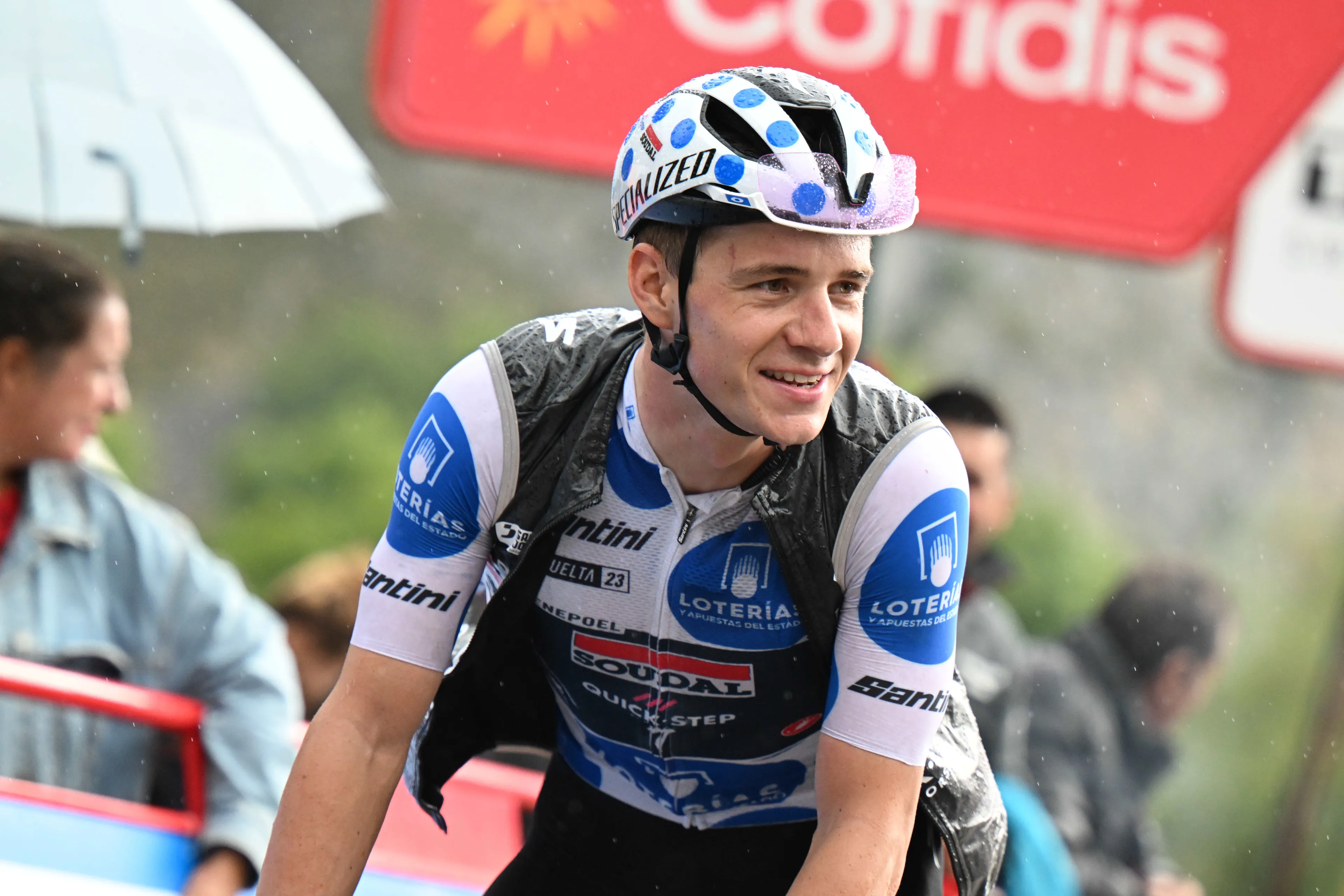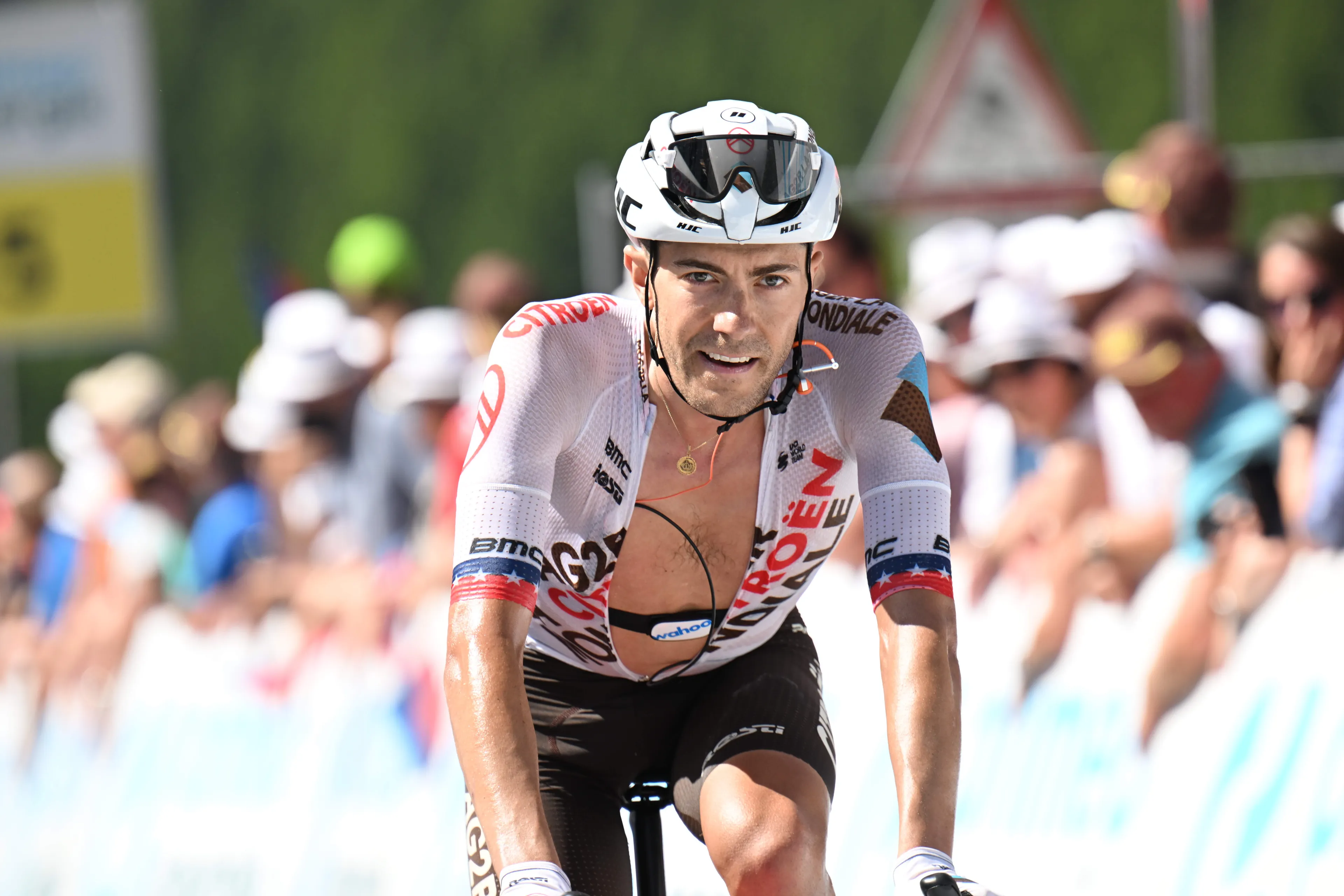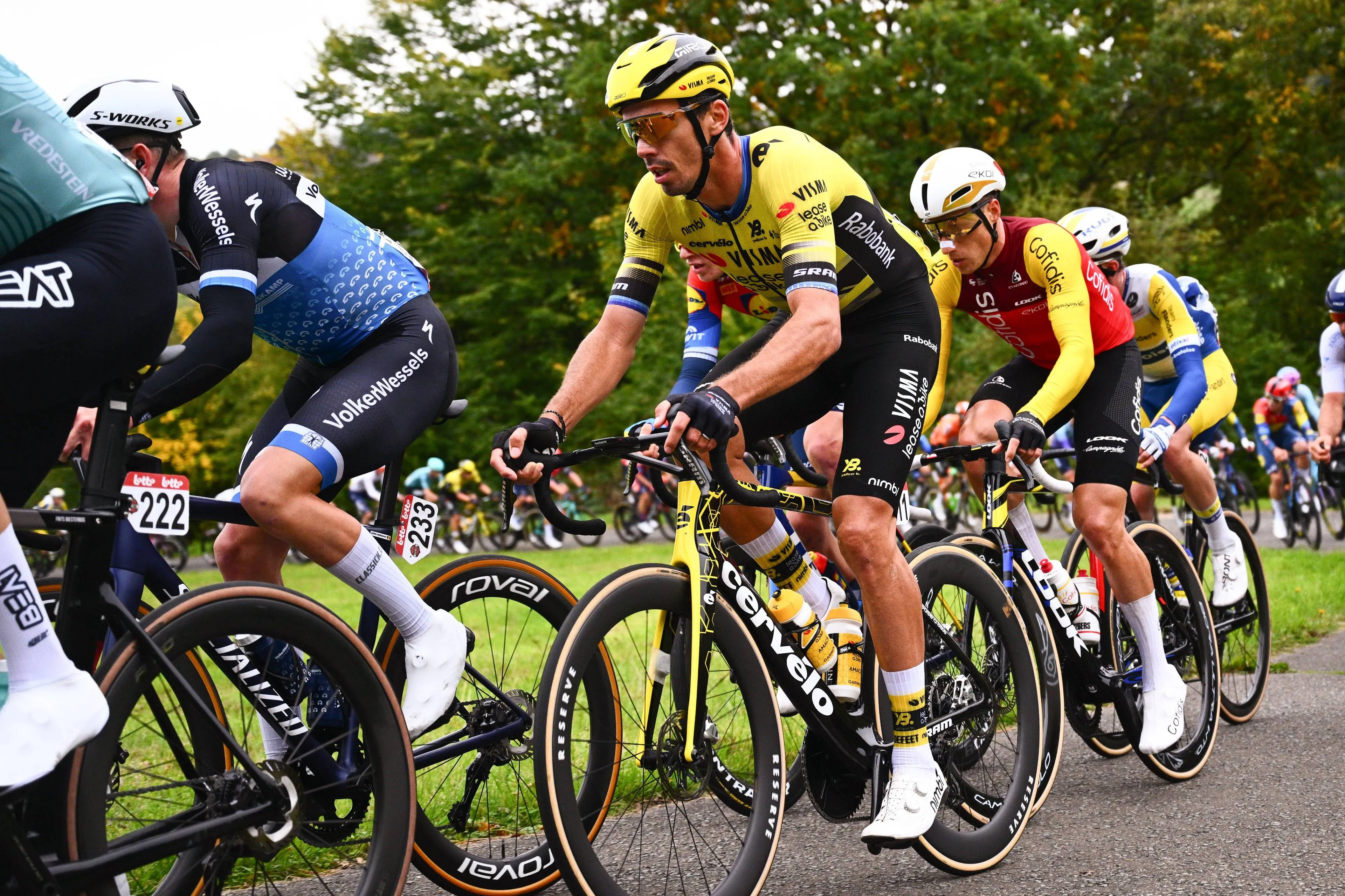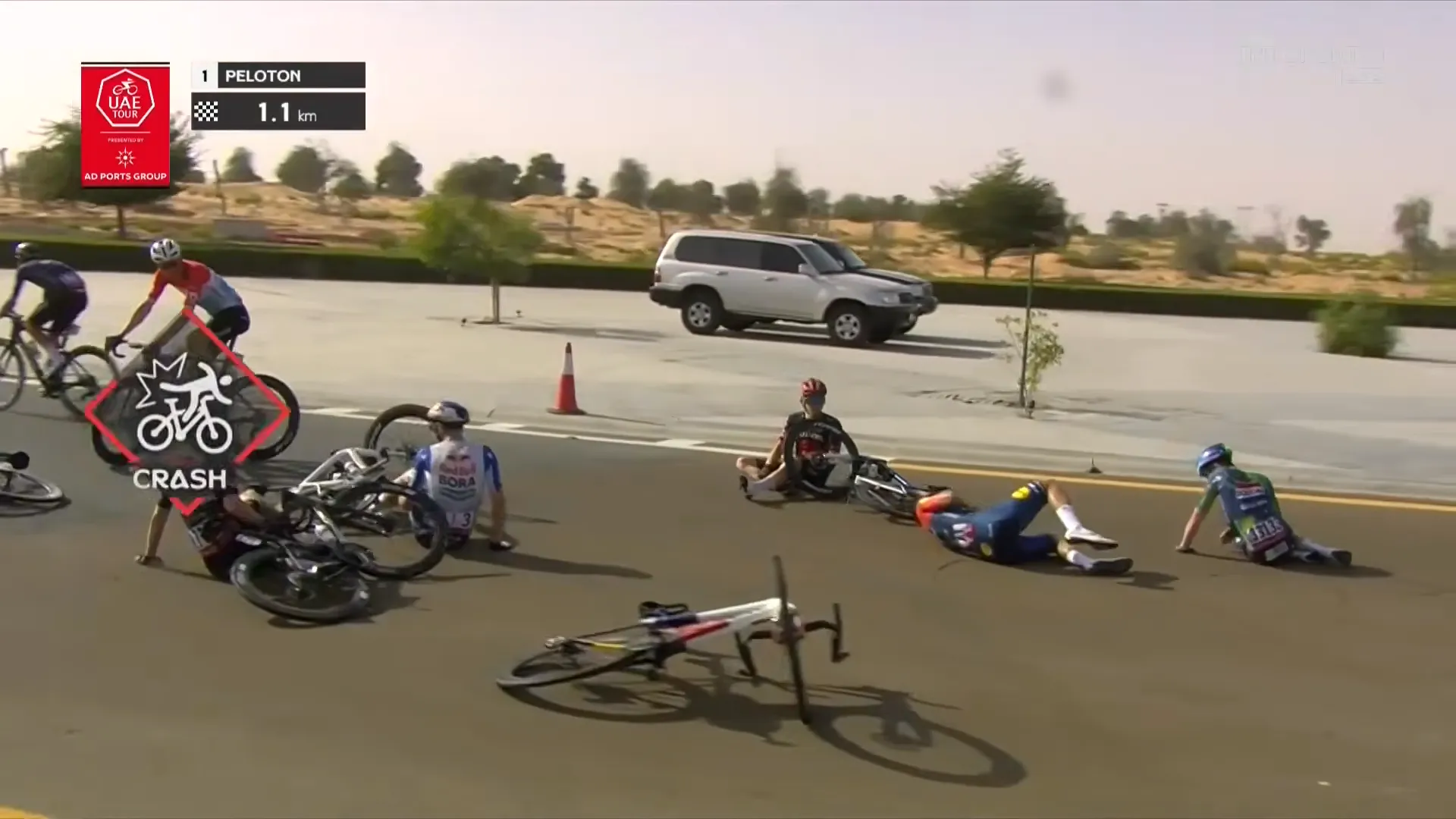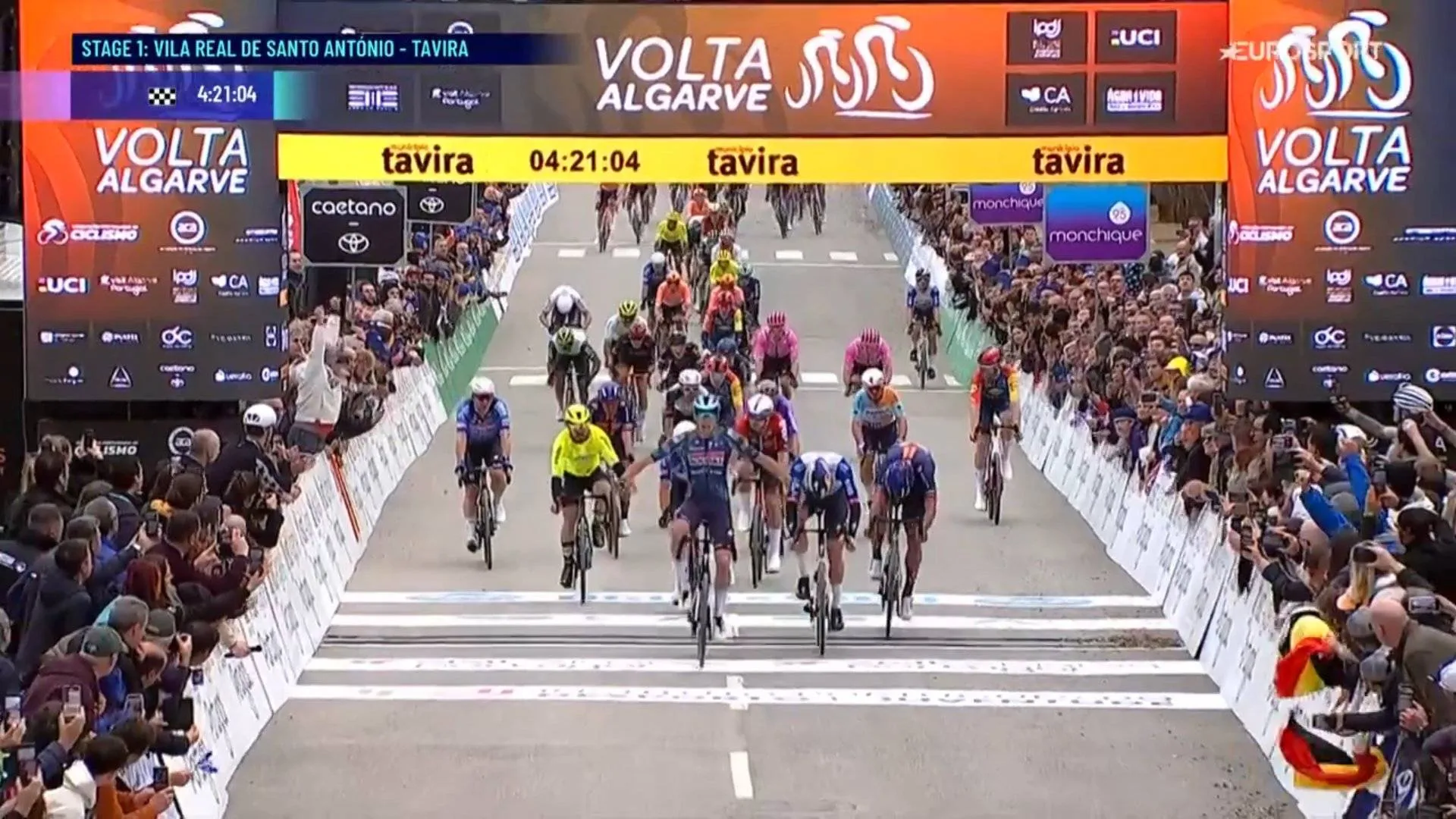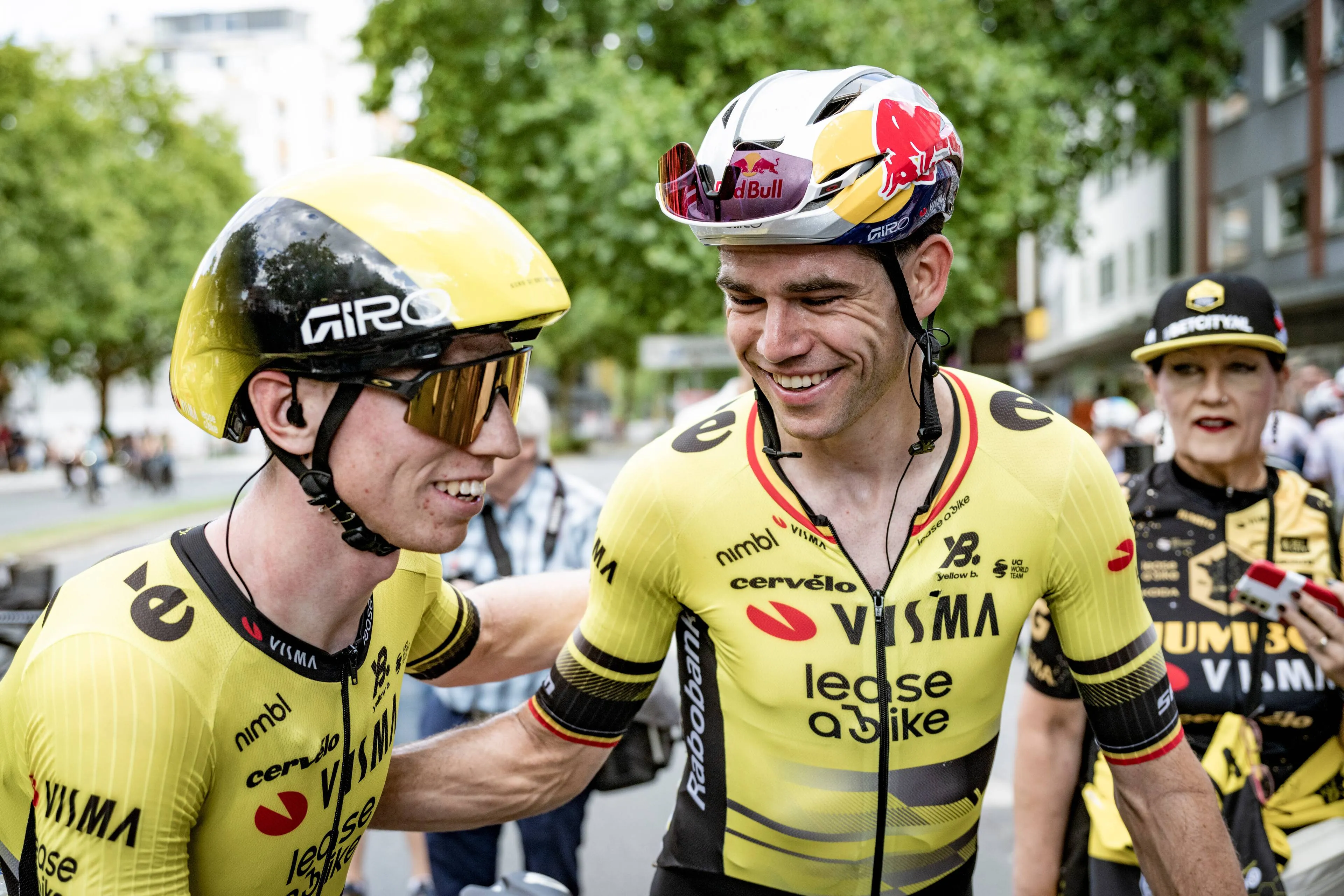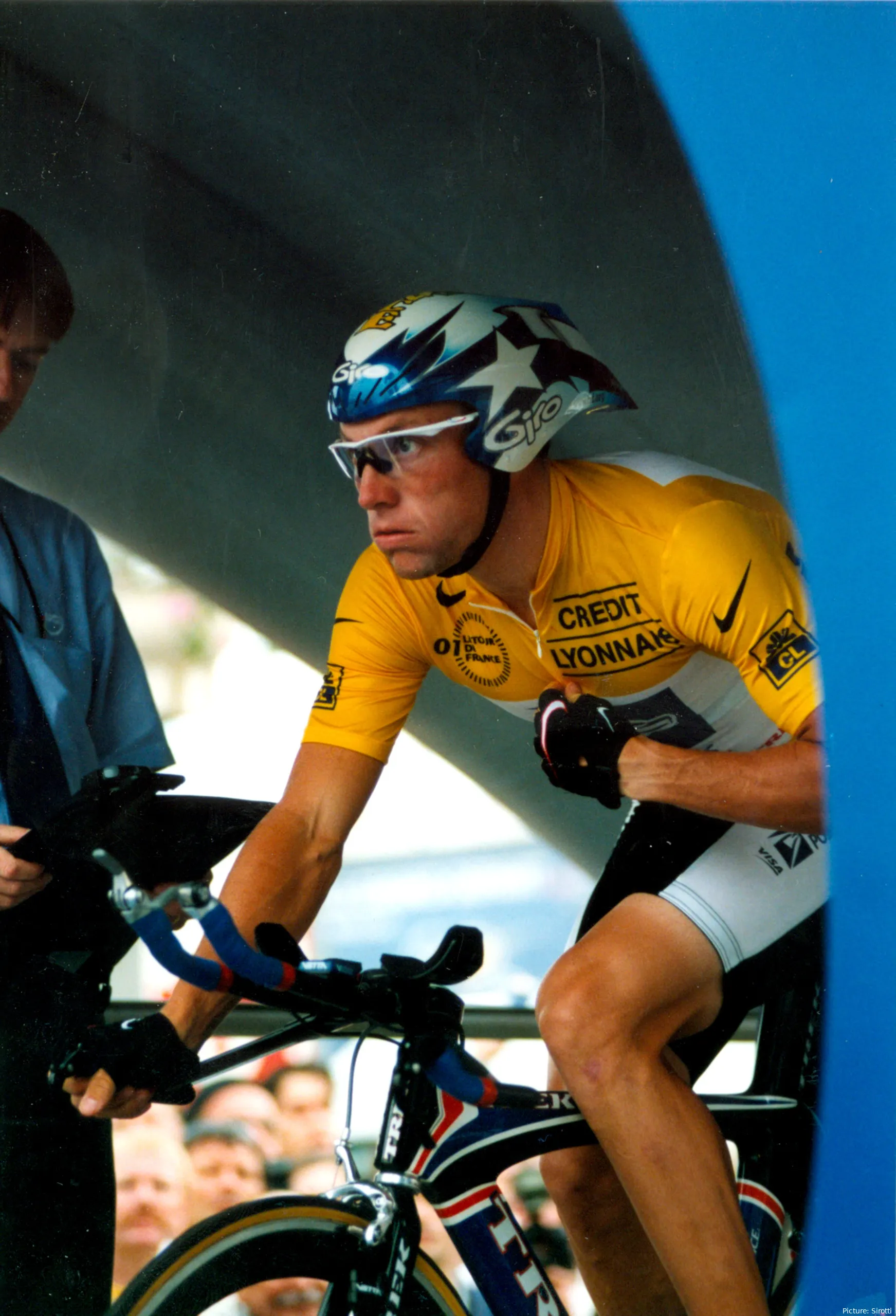
Born on September 18, 1971 as Lance Edward Gunderson, Lance Armstrong is a former professional cyclist from the United States. Known for his cycling prowess, his career has a history of outstanding achievements and also controversies linked to doping.
His athletic journey began with the City of Plano Swim Club at the age of 12. Early on, he made a splash by placing fourth in the Texas 1500-meter freestyle championship. But his path in the sport changed when he spotted an ad for a triathlon and decided to give it a try, where he had a standout win.
Read also
During the years 1987-1988, Armstrong earned the number one spot on the U.S. triathlon calendar in the 19-and-under age group. His triathlon skills were evident, and at age 16 he became a professional triathlete. As a teenager, he won national sprint championships in 1989 and 1990, and despite his triathlon success, he demonstrated a knack for cycling.
This was confirmed by winning the amateur championship in 1991 and the professional Lombard Week race. His performances enabled him to represent the United States in road racing at the Barcelona Olympics.
He gained fame in cycling when he joined the Motorola team and achieved his first victory in the Trofeo Laigueglia in Italy. In 1993, his sporting career hit a high point when he won the World Road Championships in Oslo, Norway. A year later, in 1995, he again won the San Sebastian Classic and a stage of the Tour de France.
Read also
Everything changed for Armstrong in 1996 when he was diagnosed with testicular cancer with lung and brain metastases. After surgery and chemotherapy, he began his slow recovery.
He returned to cycling in 1998 in Paris-Nice, although he abandoned the race and considered retiring. However, after much reflection and support from his coach, he decided to continue competing. He surprised everyone by winning the Tour de France in 1999, the start of a historic streak of seven consecutive victories.
Although he announced his retirement in 2005 after winning his seventh Tour de France, he announced his comeback in 2008. In 2011, he retired for good, but his legacy was tarnished by doping allegations.
Read also
In 2012, the U.S. Anti-Doping Agency issued a report accusing Armstrong of doping, as a result, he was stripped of his seven Tour de France titles. In 2013, he confessed that he had used banned substances during his career.
In addition to his cycling career, Armstrong founded the Lance Armstrong Foundation to fight cancer and raise awareness of the disease. He also wrote "It's Not About the Bike," a book in which he talks about his experience dealing with cancer.
Today he is a public figure in the United States with his own podcast, 'The MOVE', in which he discusses cycling today along with his former sports director Johan Bruyneel and his former teammate George Hincapie.
Read also
claps 3visitors 3
Just in
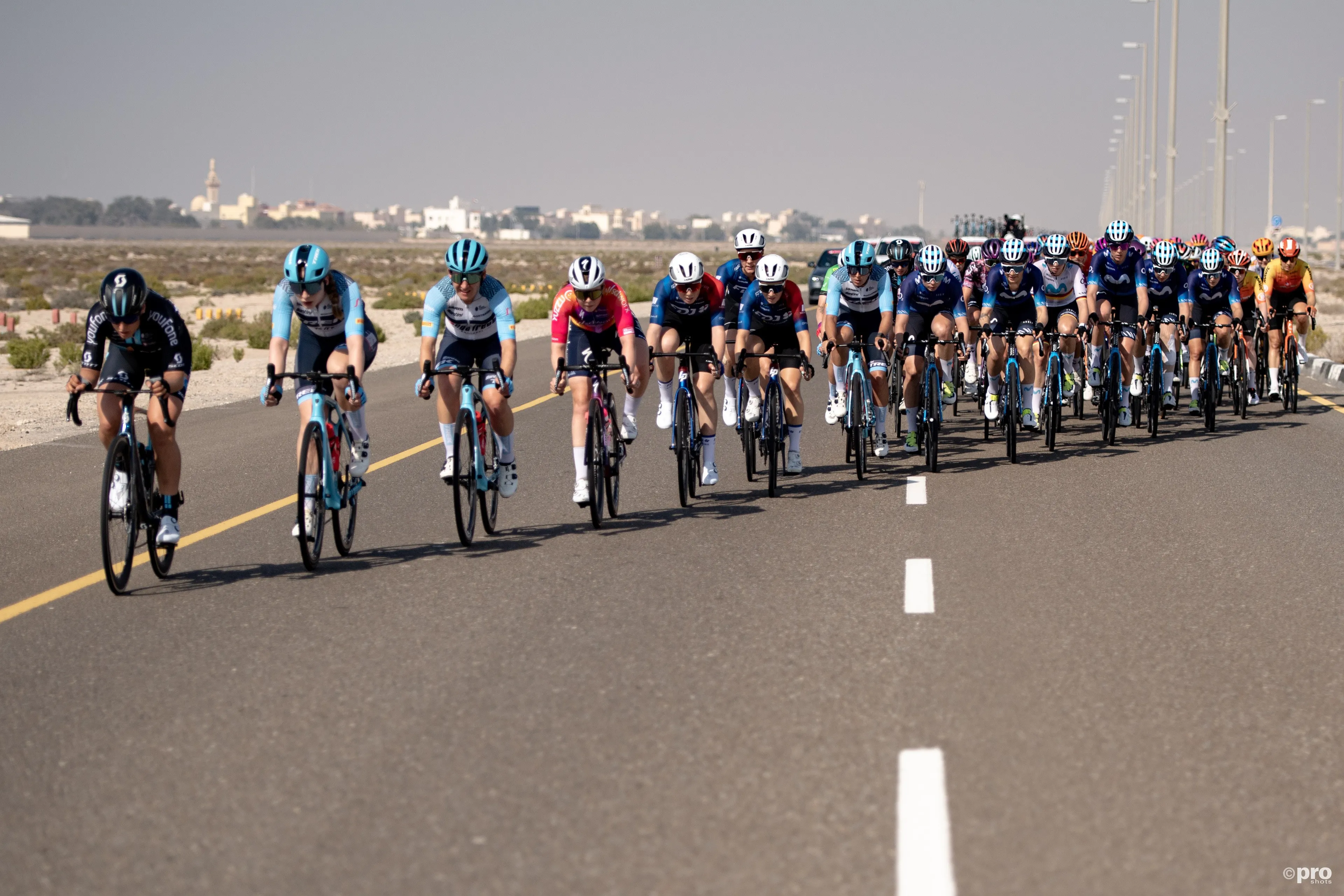
UAE Tour 2026 Jury & Fines update stage 3
Feb 18, 17:38
0
Popular news
Latest comments
- You can't win 'em all. These early season races at this level are good because it shows where you are weak and need work.awp18-02-2026
- This is what I wrote 12-02-2026 10:00: "As far as I'm convinced, Remco still has "zero" wins. I invite Remco to stop in Siena to meet his Slovenian master, Pogi the G.O.A.T... but no, it's better to run away and hide. His fans will somehow defend and glorify him. Let me repeat, he still has zero wins in 2026. If someone doesn't have a high enough IQ to understand what I'm talking about, it's because they don't recognize the low ranking F category races. If Remco will beat Del Toro and Adam Yates in the UAE Tour, then I will consider this to be his first win in 2026. Ad acta." PS: Remco still has zero wins. His second and third class races don't count. The first real race comes along and Mustafa Remco fails.Mou-Cro-HR18-02-2026
- This is what I wrote 12-02-2026 10:00: "As far as I'm convinced, Remco still has "zero" wins. I invite Remco to stop in Siena to meet his Slovenian master, Pogi the G.O.A.T... but no, it's better to run away and hide. His fans will somehow defend and glorify him. Let me repeat, he still has zero wins in 2026. If someone doesn't have a high enough IQ to understand what I'm talking about, it's because they don't recognize the low ranking F category races. If Remco will beat Del Toro and Adam Yates in the UAE Tour, then I will consider this to be his first win in 2026. Ad acta." PS: Remco still has zero wins. His second and third class races don't count. The first real race comes along and Mustafa fails.Mou-Cro-HR18-02-2026
- OK, let's stop with the BS. Remco Mustafa didn't have any cramps, 100%. The only truth is, Remco is not the great cyclist that the Belgians and his fans want us to think. Ad acta!!!... Once in the fall of 2025 I said that Remco's chances of following Pogi are equal to my chances, there is no difference. The only difference is that I'm in front of a TV and Mustafa is acting and making excuses live in front of an audience of millions. Ayuso and Remco are the biggest liars in the peleton.Mou-Cro-HR18-02-2026
- I just hope that he just says that he got cramps and that's it, rather than some long-winded excuse which makes him seem even more of a piece of...
 Rafionain-Glas18-02-2026
Rafionain-Glas18-02-2026 - finally, a team that does something smart. I could never understand why Ineos would like Egan train as he did alone. put a motorbike behind him with an earpiece to call out issues above. same with remco crashing into a postal truck.mij18-02-2026
- Wow, that is not a good sign for Remco. Great win for Tiberi!Pedalmasher18-02-2026
- Great champion Remco but his profile is more suitable for Ardennes-like races and tour with no very hard climbs. Not only Tadej and Vingegaard, there are a lot of younger cyclists (del Toro, Ayuso, maybe Seixas, Nordhagen and others) that will soon be big GC boys.
 maria2024202418-02-2026
maria2024202418-02-2026 - Evenopoel 1st real test, and he failedZamorano18-02-2026
- Remco is not the natural climber that riders like Tadej or Jonas are, no matter how much he trains and prepares for it. Yes, you can TT your way up moderately steep hills, but when the gradient gets super steep, he just can't keep up.
 santiagobenites18-02-2026
santiagobenites18-02-2026
Loading
7 Comments
